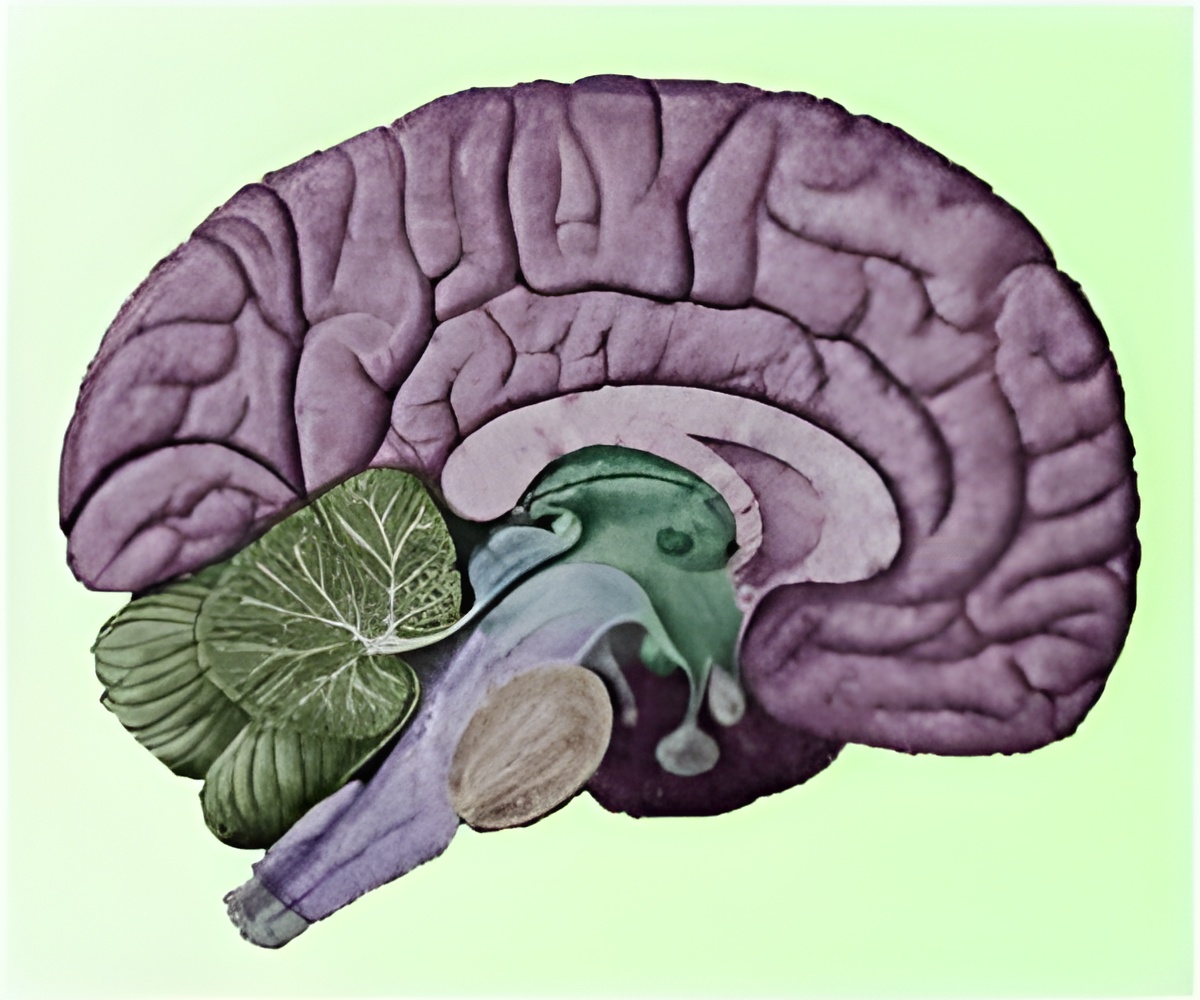Indirubin, the active ingredient in a traditional Chinese herbal remedy might help treat deadly brain tumors, according to a new study by researchers.

"We have pretty good methods to stop glioblastoma from growing in the human brain, but these therapies fail because tumor cells migrate from the original site and grow elsewhere in the brain," says co-principal investigator Dr. E. Antonio Chiocca, professor and chair of neurological surgery and co-director of the Dardinger Center for Neuro-oncology and Neurosciences. "Our findings suggest that indirubins offer a novel therapeutic strategy for these tumors that simultaneously targets tumor invasion and angiogenesis," Chiocca says."This study shows for the first time that drugs of the indirubin family may improve survival in glioblastoma, and that these agents inhibit two of the most important hallmarks of this malignancy – tumor-cell invasion and angiogenesis," says co-principal investigator Dr. Sean Lawler, senior scientist and group leader of the Translational Neurooncology Group at the Leeds Institute of Molecular Medicine.
Indirubin is derived from the Indigo plant. It is the active ingredient in the Chinese herbal remedy called Dang Gui Long Hui Wan, which is used to treat chronic myeloid leukemia. Chiocca, Lawler and their collaborators used multiple glioblastoma cell lines and two animal models to examine three derivatives of indirubin.
Key findings include the following:
- When human glioblastoma cells were transplanted into one brain hemisphere of mice, indirubin-treated animals survived significantly longer than controls and showed no migration of tumor cells to the opposite hemisphere.
- In a separate experiment, indirubin reduced the migration of tumor cells by 40 percent in treated animals versus controls.
- Treated tumors showed a lower density of blood vessels, and new blood-vessel growth was reduced up to three-fold in intracranial tumors, depending on the tumor-cell line.
- A laboratory assay showed that indirubins reduced endothelial-cell migration by 52 to 41 percent compared with untreated controls.
Source-Eurekalert














